What is Gingivitis?
Gingivitis can be defined as the inflammation of gingiva. It occurs due to various reasons, such as bacterial invasions, poor oral hygiene, trauma to gingiva.
Top pick

Acme 2000
Lorem ipsum dolor sit amet, consectetur adipiscing elit. Duis congue nibh vitae auctor tincidunt.
Editor’s choice

Acme 2000
Lorem ipsum dolor sit amet, consectetur adipiscing elit. Duis congue nibh vitae auctor tincidunt.
Best value

Acme 2000
Lorem ipsum dolor sit amet, consectetur adipiscing elit. Duis congue nibh vitae auctor tincidunt.
Title: Understanding Gingivitis: Causes, Symptoms, and Prevention
Gingivitis is a common and mild form of gum disease that causes irritation, redness, and swelling (inflammation) of your gingiva, the part of your gum around the base of your teeth. It’s important to address gingivitis promptly as it can progress to a more severe form of gum disease known as periodontitis if left untreated. In this article, we will explore the causes, symptoms, and prevention of gingivitis to help you maintain good oral health.
Causes of Gingivitis
Poor Oral Hygiene: The primary cause of gingivitis is inadequate oral hygiene. When you don’t remove plaque regularly through brushing and flossing, it can harden into tartar (calculus), which harbors bacteria that irritate the gums.
Smoking and Tobacco Use: Smoking and using tobacco can aggravate gingival health, making it more susceptible to infections.
Diet: A diet lacking in essential nutrients can weaken your immune system and make it harder for your body to fight off infections, including gum infections.
Medical Conditions: Certain illnesses, such as cancer, HIV, and diabetes, can impair the body’s ability to fight off infection, including gum infections.
Acme Popcorn Maker 2000

The fastest popcorn machine
A one-liner on why you should buy this popcorn machine.
Medications: Some drugs, such as phenytoin (Dilantin, Phenytek) for epileptic seizures, and calcium channel blockers, which are used for angina, high blood pressure, and other conditions, can affect your gums.
Hormonal Changes: Hormonal changes due to pregnancy, menstrual cycle, and the use of birth control pills can make the gums more sensitive and more prone to gingivitis.
Symptoms of Gingivitis
Gum Redness: The gums become red and may appear swollen or puffy.
Bleeding Gums: Gums may bleed during brushing or flossing.
Bad Breath: Persistent bad breath (halitosis) is a common symptom of gingivitis.
Tender Gums: Gums can be sensitive to touch and may feel sore.
Receding Gums: Gums may start to pull away from the teeth, making teeth appear longer.
Pus Between Teeth: In severe cases, pus may develop between teeth and gums.
Loose Teeth: As gingivitis progresses to periodontitis, teeth may become loose or shift.
Acme Popcorn Maker 2000

The fastest popcorn machine
A one-liner about the best popcorn machine in the universe.
Prevention and Treatment
Preventing and treating gingivitis typically involves good oral hygiene practices. Here are some tips to help you maintain healthy gums:
Regular Brushing: Brush your teeth at least twice a day using fluoride toothpaste. Make sure to brush along the gumline and all surfaces of your teeth.
Flossing: Floss daily to remove plaque and food particles from between your teeth.
Regular Dental Check-ups: Visit your dentist for regular check-ups and professional cleanings. They can catch and treat gingivitis in its early stages.
Stop Smoking and Tobacco Use: If you smoke or use tobacco products, consider quitting to improve your gum health.
Healthy Diet: Consume a well-balanced diet rich in vitamins and minerals that support gum health, such as vitamin C.
Manage Underlying Conditions: If you have medical conditions that affect your oral health, work with your healthcare provider to manage them effectively.
Gingivitis is a common condition that, with proper care, can be prevented and treated. By practicing good oral hygiene, maintaining a healthy lifestyle, and seeking professional dental care, you can keep your gums healthy and prevent the progression to more severe gum diseases. Your oral health is an integral part of your overall well-being, so it’s essential to prioritize it.
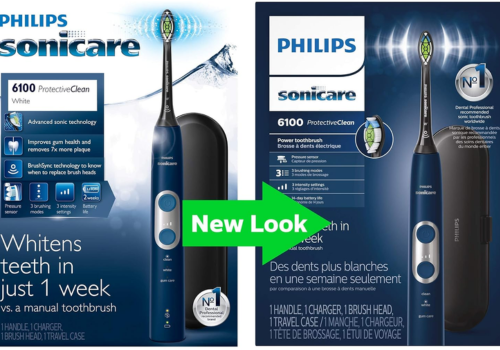
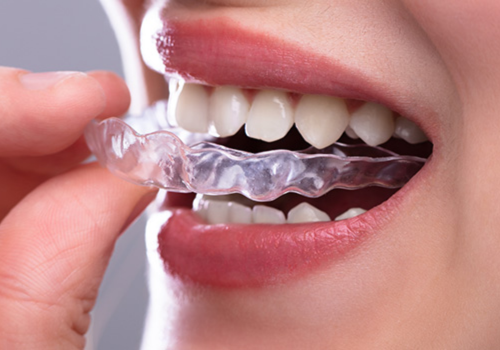
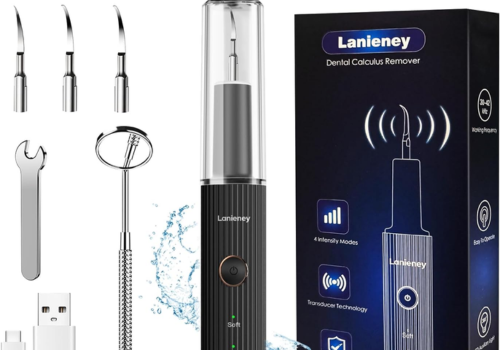
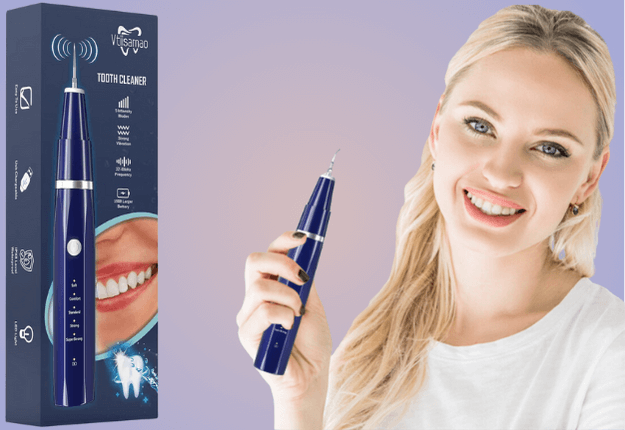

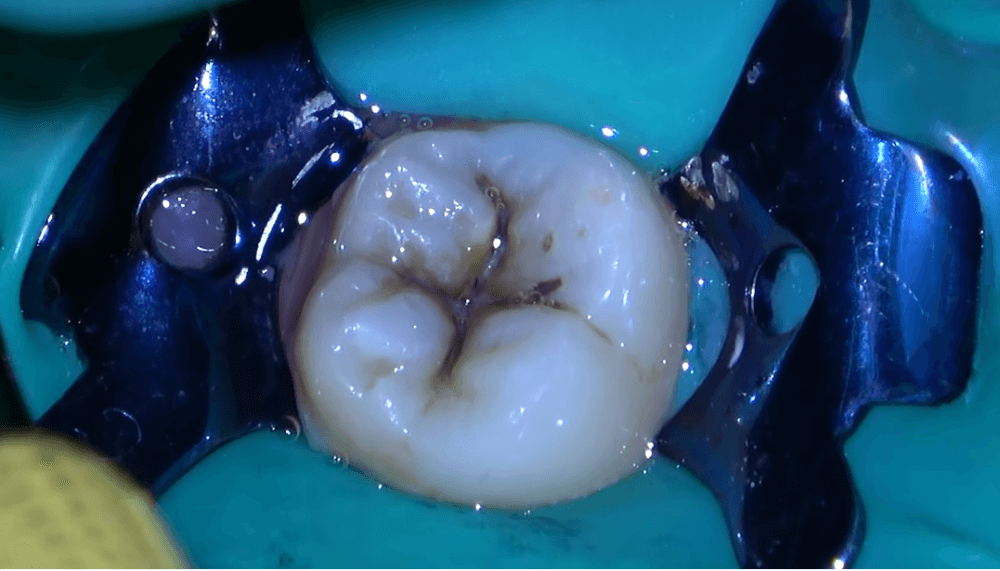
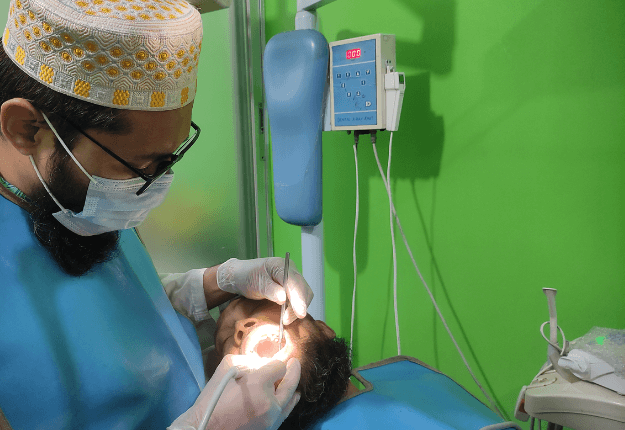
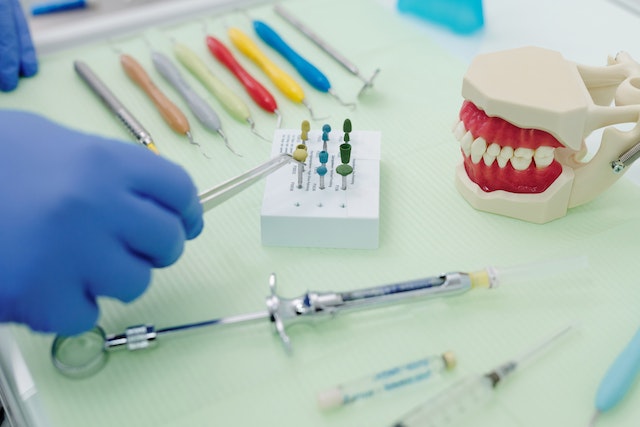
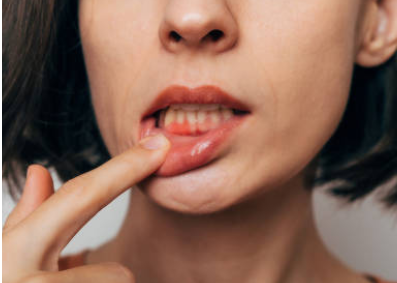
Leave a Reply